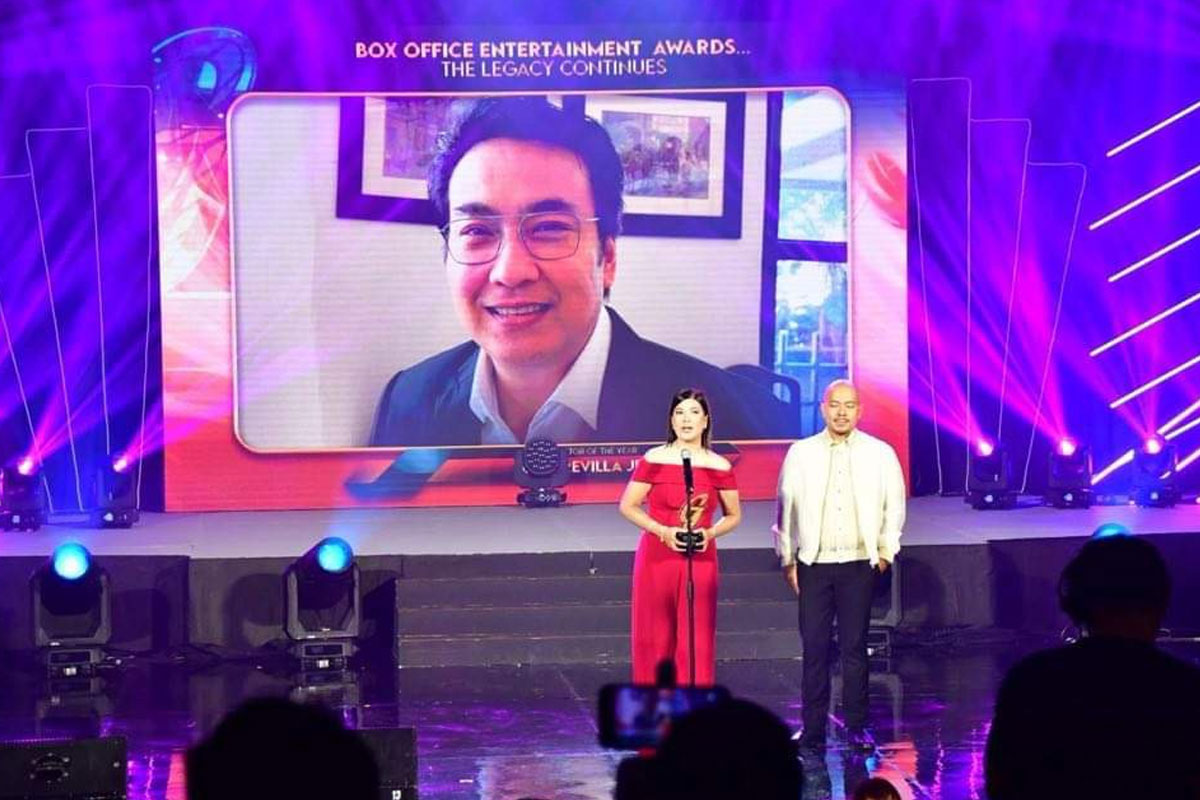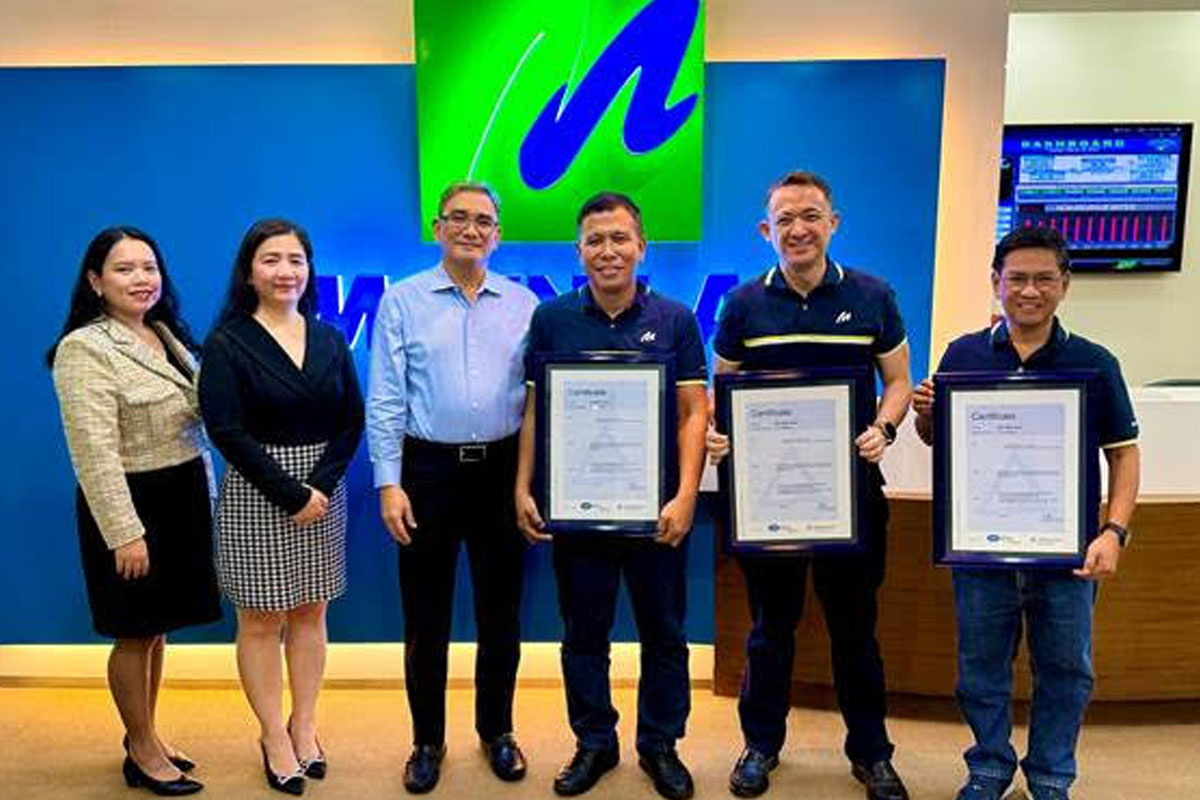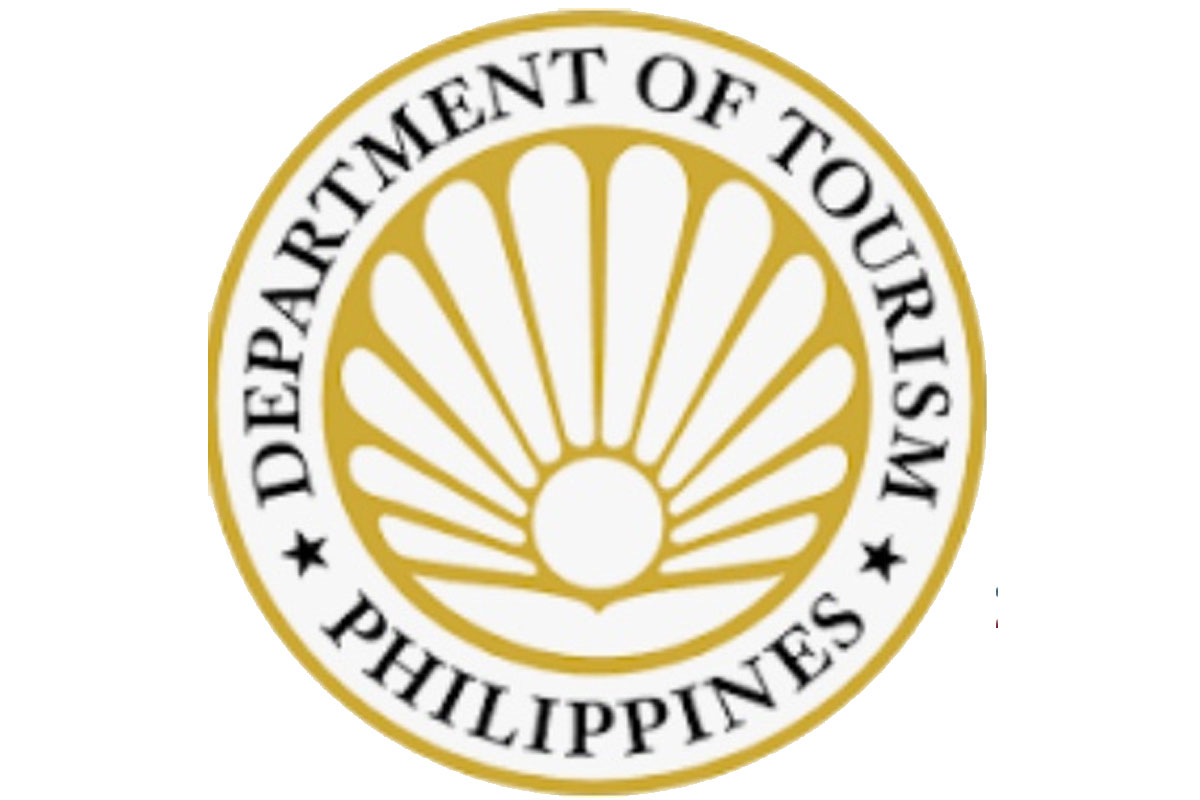
DENR mulls waste-fuel processing system
FOLLOWING a visit and seeing for herself the benefit of a shredder platform at a cement company, Environment Secretary Antonia Loyzaga said the department will explore the potential of co-processing as a sustainable waste management solution.
Co-processing is a method that converts residual waste such as end of life plastics into alternative fuel for cement manufacturing plants.
Just recently, Aboitiz Group president and CEO Sabin Aboitiz invited Loyzaga to witness and observe the waste-to-fuel co-processing operation at the Republic Cement in Taysan, Batangas where solid waste including plastics and discarded tires are substituted for coal, petcoke or diesel as fuels.
Processed at 1450 degrees centigrade, this fuel substitution avoids methane emissions generated at landfill sites and partially decarbonizes the manufacturing process.
Any waste by-products such as ash, are also fully integrated into the microstructures of the clinker, a key ingredient of cement.
Immediately after, the DILG chief said that the process can be used towards establishing of a circular economy while mitigating the impacts of climate change.
The new shredder platform she added, strengthens the waste-to-fuel co-processing operation.
Republic Cement company is a joint venture between the Aboitiz Group and Ireland-based CRH, one of the leading building materials companies in the world.
Through its resource recovery “ecoloop”, Republic Cement is the pioneer in the use of alternative fuel in local cement manufacturing, with over 20 years of experience using alternative fuels and raw materials. It has established capacity to reuse or recover the thermal and mineral properties of waste materials, such as residual plastic or rice husk, as alternative fuels.
The DENR is seeking strategic engagements with stakeholders in the private sector and other non-government organizations that will yield multiple benefits to communities, the environment and the economy, while complying with both the Ecological Solid Waste Management Act and the Extended Producer’s Responsibility or EPR Law of 2022.
EPR law requires large companies to collect, recycle and otherwise dispose of plastic packaging wastes by eighty per cent in 2028. Loyzaga signed the law’s implementing rules and regulations in January this year.
She also called all stakeholders to strictly adhere to the provisions of the EPR law not only for a circular economy, but to also achieve SDG 13, 14 and 15, namely, to limit and adapt to climate change and the protection and enhancement of life under water and all life on land.
These actions are also in line with the National Plan of Action for the Prevention, Reduction, and Management of Marine Litter.
Loyzaga lauded Republic Cement for enabling the decrease of its partner LGU’s plastic packaging footprint from 2020 to 2022.
Over 890 dump trucks filled with plastic waste have been processed through strong multi-stakeholder collaboration with materials collection and recovery groups and local government units.
Using solid waste as fuel enabled the company to avoid potential methane emissions at landfill sites while at the same time decreasing the carbon intensity of their cement products.


























